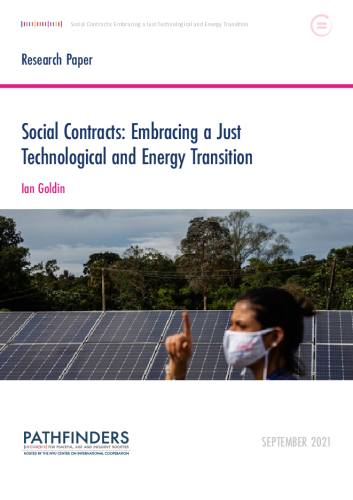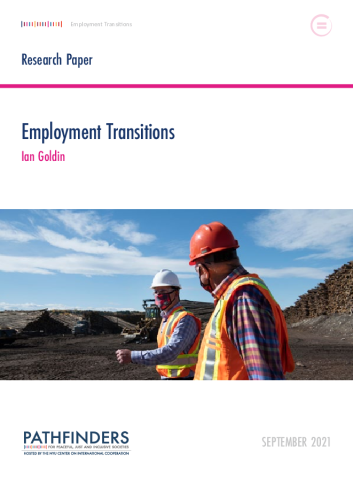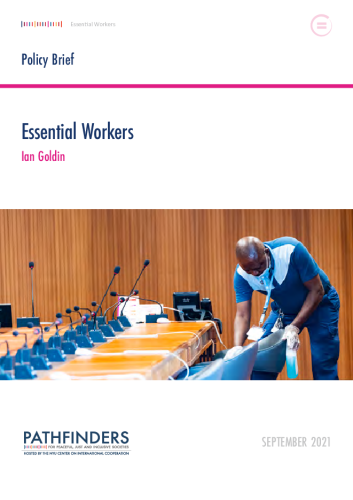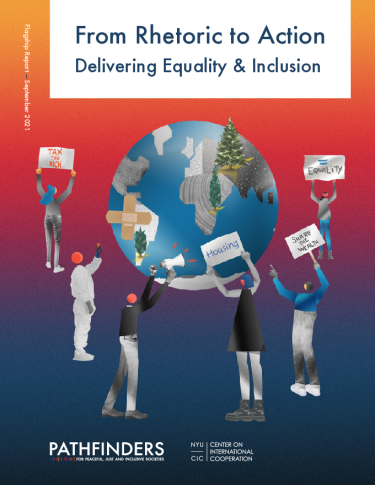Social contracts determine what is to be provided and by whom. In democracies, political processes determine these outcomes, with the extent to which individuals, communities, cities, businesses, governments, and other actors and institutions provide education, health, security, infrastructure, and justice to shape what comes to be understood as the social contract.
Whether prevailing social contracts produce desirable consequences, such as human rights, individual freedom, self-determination, human development, prosperity, and equality reflects their efficacy. What is considered an effective contract in the US or Europe, may however be viewed very differently in China, with the priorities and norms associated with shaping social contracts, as well as the means to achieve them, varying from country to country and over time.
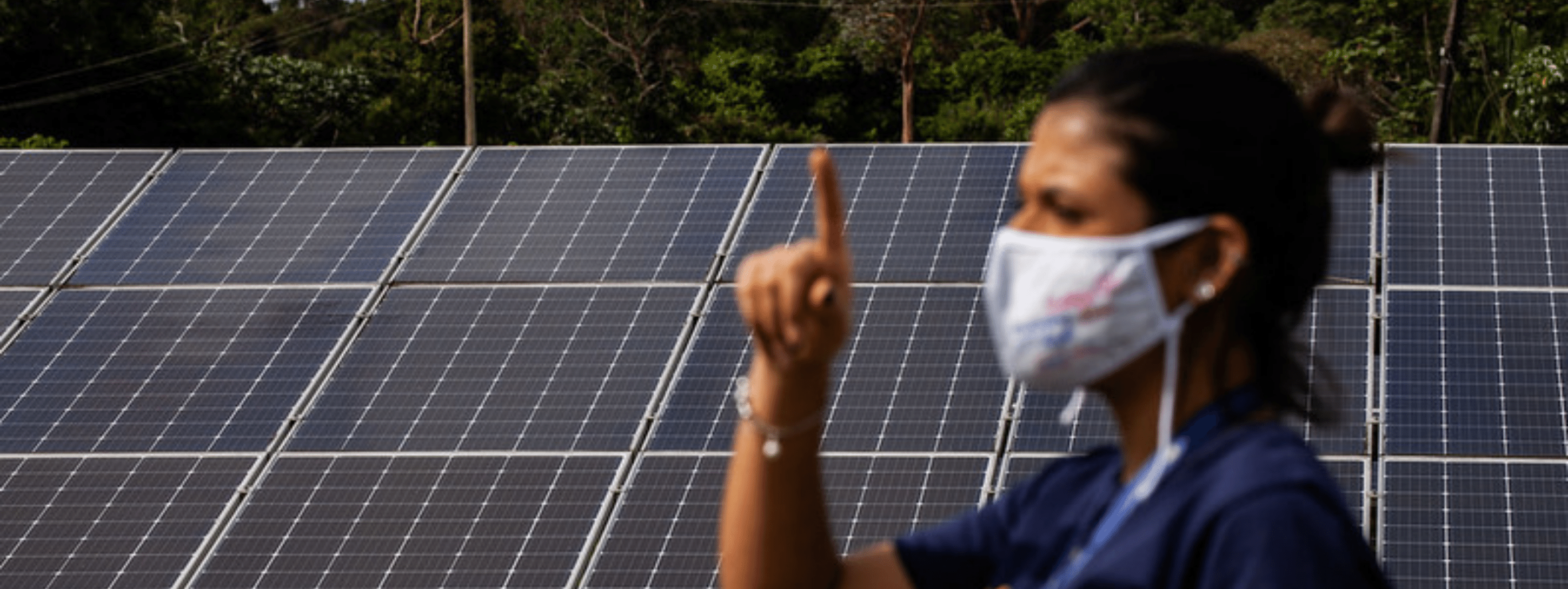
In this paper, author Ian Goldin shows that many existing social contracts are inadequate and require renewal to overcome countries’ failures to address the needs of the majority of their citizens. New pressures on societies arising from the pace of change associated with the technological and energy revolutions have created an urgent need to build new social contracts which ensure that no one is left behind. This need has been made all the more urgent by the COVID-19 pandemic, which has shown the extent to which large parts of society—informal sector workers, uninsured self-employed, unemployed, migrants, and others—have fallen by the wayside due to outdated or non-existent social contracts.
Establishing secure and comprehensive social contracts is not synonymous with the establishment of a welfare state, as this is only one way to secure effective social contracts. How welfare states adapt to meet the new technological and energy transition, and which other models may serve to build effective social contracts is a key question.
Read the full policy brief: Social Contracts: Embracing a Just Technological and Energy Transition
This policy brief is part of the Pathfinders Grand Challenge on Inequality & Exclusion. More information about this initiative can be found here.
